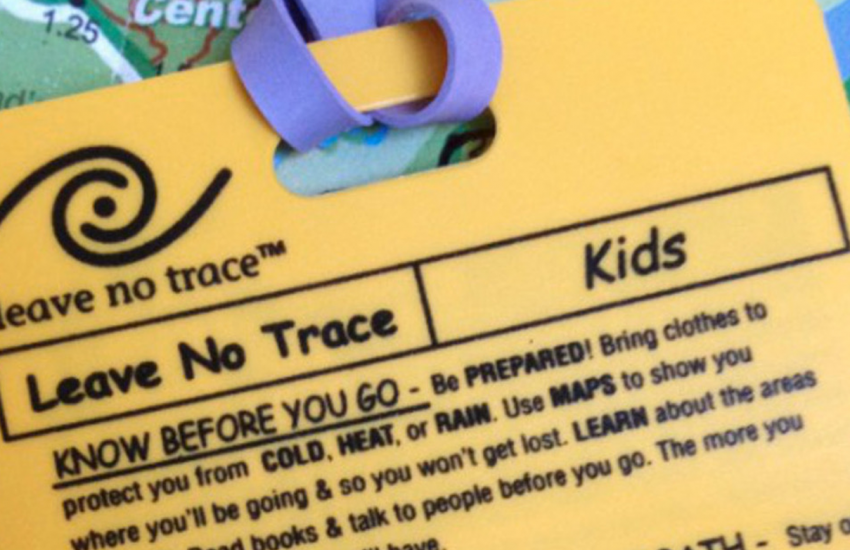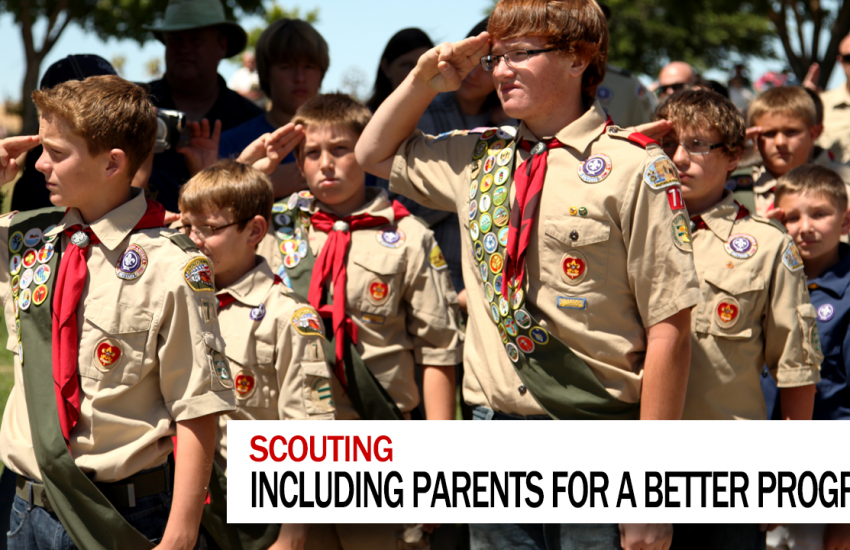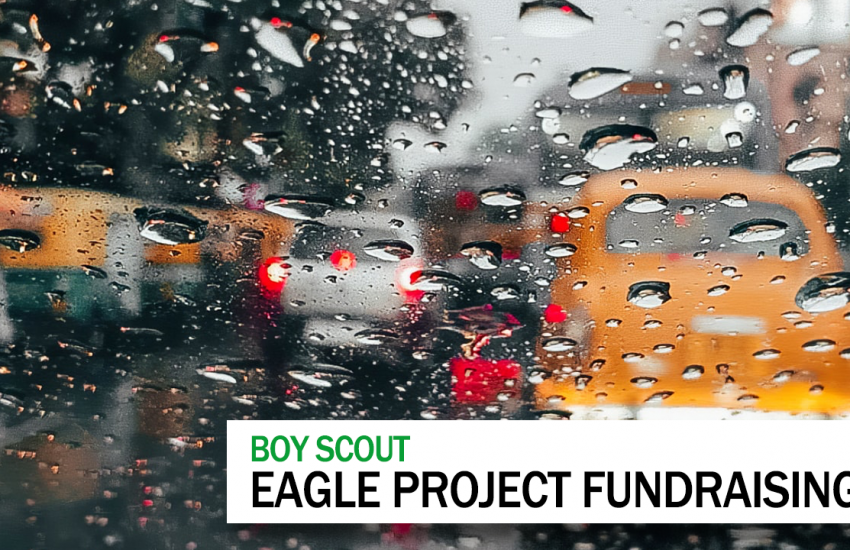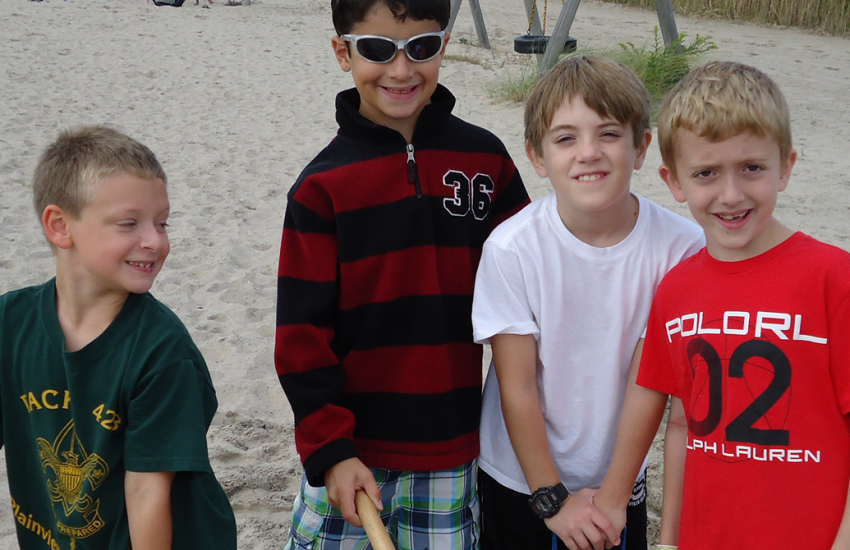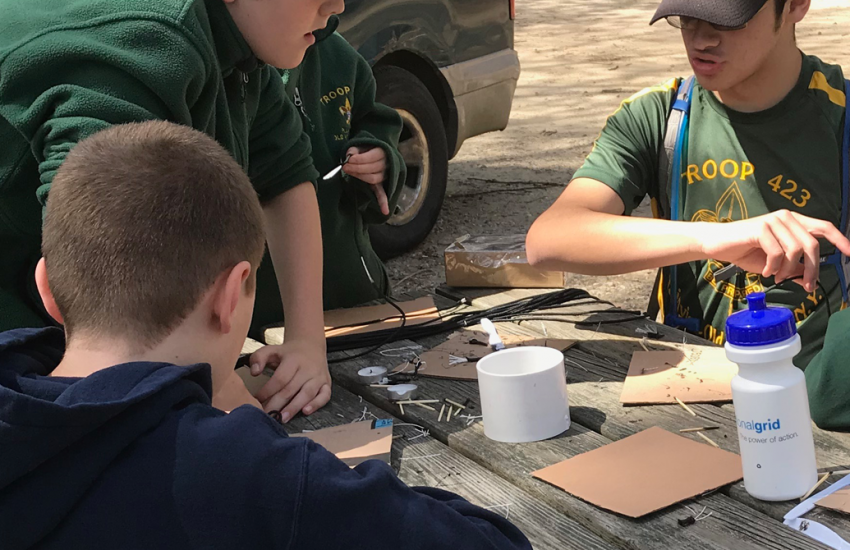Leave no trace and Outdoor ethics and the scouting program.
Show Notes:
Transcript:
The Boy Scouts have been actively advocating Leave No Trace and outdoor ethics principles since early in the 1970s at such places as Philmont, and in the early 90s has moved from a mostly high adventure focus to a more local unit focus.
More recently a new Outdoor Ethics troop position was established which requires 16 hours of certification coursework, so the BSA takes this pretty seriously, in fact a number of adults that take the program become somewhat zealots, which can really turn the uninitiated off a bit, but that’s a different video all together.
When I took the training a few years ago it was called Leave no Trace training, this has been supplanted recently by a program called Outdoor Ethics. And just to diverge for a moment on this change, I personally think it stinks that they supplanted a program that took many hours to complete so readily.
The BSA really needs to think through these types of changes as if a leader or a scout for that matter invests the significant time they should not be rewarded with a backhand slap, but to get off my soapbox…
The Leave no Trace program is broken into 7 key points, many of which roll up in some way to the first point. Plan Ahead & Prepare.
The gist of Plan Ahead & Prepare is to understand the situation you are going into, whether it be a hike or a camping trip. Plan to be kind to the land by preparing for the environment you are entering.
Before you go, check the weather, bring items that make sense for where you are going, or just plain be prepared.
The second point of Leave No Trace is Travel & Camp on Durable Surfaces.
There are ways you should travel through different environments to do the least damage. Even in scout camps where you see heavy usage in designed areas you come across direct paths to places like bathroom where folks use the shortcut instead of the designated path
After a while it forms a dirt path with no grass, and shortly after that the area is so worn that when it rains you have big puddles that take forever to dry and cause problems. So, stay on the path.
Dispose of Waste Properly is the 3rd point, and goes in line with the scouting concept of leave it better than you found it.
If you are camping and there are designated bathroom use them. If the camping location calls for you to carry out your waste, plan ahead and do so.
One of the more interesting points from this part was when peeing in the woods to not go on trees, and there is salt in urine the animals will lick off the tree, stripping the bark and hurting the tree, so pee on rocks themselves, there are few advocates for rocks.
The next principle, Leave What You Find, really talks about collective use. Scouts go to lots of the same places, and if every scout picked up and put something interesting in their pockets after a while there wouldn’t be much interesting stuff out there, so take a photo instead.
This is a hard one, as the first thing a scout says is if I don’t take it the next person in line will. Well this may be true, but hopefully there’s a thoughtful scout and leader who see it the right way, and don’t do this.
Minimize Campfire Impacts, our fifth point is really pointed at community use as well.
If there is an existing fire ring, use it. If there is not, generally it’s better to not make a fire. The LNT guide goes into lots of ways to have your cake and eat it to with a little work on preparing the surface to have a fire if there is no fire ring.
This also makes for a good troop, den or patrol activity you can do.
Along the same lines, they talk about the resources you use, the whole thrifty thing. Don’t use 6 logs to build a barn burner fire when 3 logs on a standard fire will do. While wood is a renewable resource, it doesn’t renew that quickly.
We’ve all been to scout camps where wood is scarce; this is one of the reasons why.
Respect Wildlife the sixth point has two aspects. Don’t mess with the animals and their habitat, you’re just a visitor there, and don’t feed them, because when you are gone and they expect to be fed they will starve.
And the last point, Be Considerate of Other Visitors is all about the camping experience as it effects those around you. It includes an awareness that other may not want to experience the beauty and majesty of the surrounding just like you do.
A quiet walk in the woods can be ruined by loud music or unruly expression in the silence. At campsite for events there are usually stated hours or quiet time. Most often, 10 or 11pm. Even when there are no stated requirements, voices carry in the woods and keeping to a 10 or 11pm quiet time is good.
This includes yapping in tents as well, as being considerate of others also includes those that just want to experience a dying crackling fire as scouts snore away. But, this is what works for us.
Take what you like and leave the rest, and as we say in Woodbadge, feedback is a gift, leave yours below in the comments, with the hope we can all learn together.
I’m Scoutmaster Dave, and this was a bit on leave no trace.
